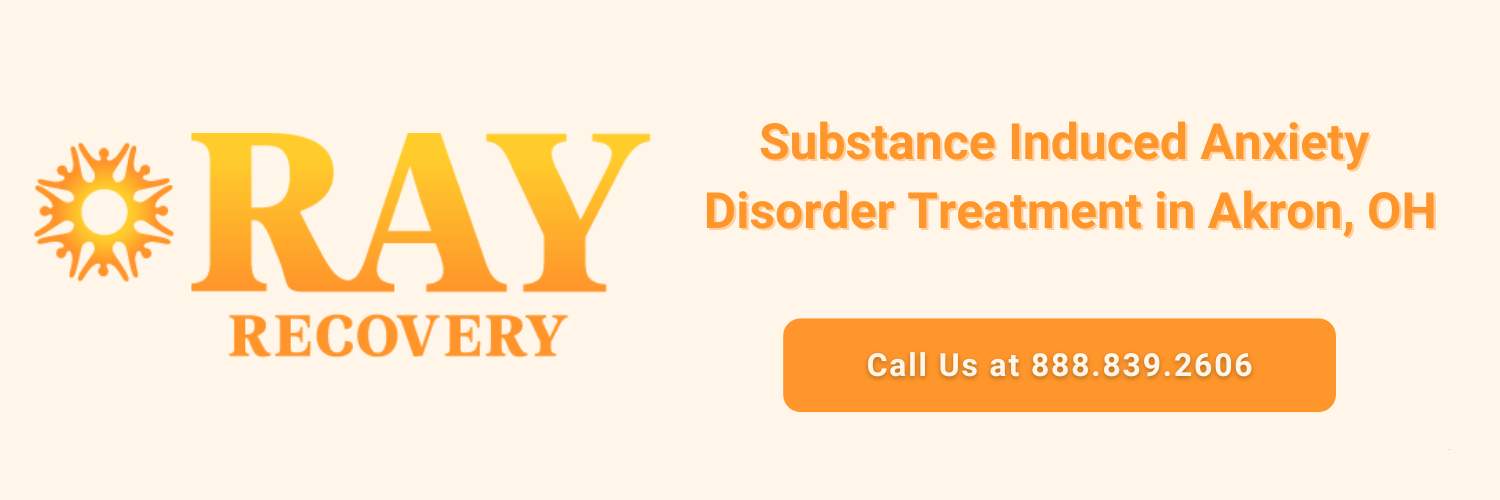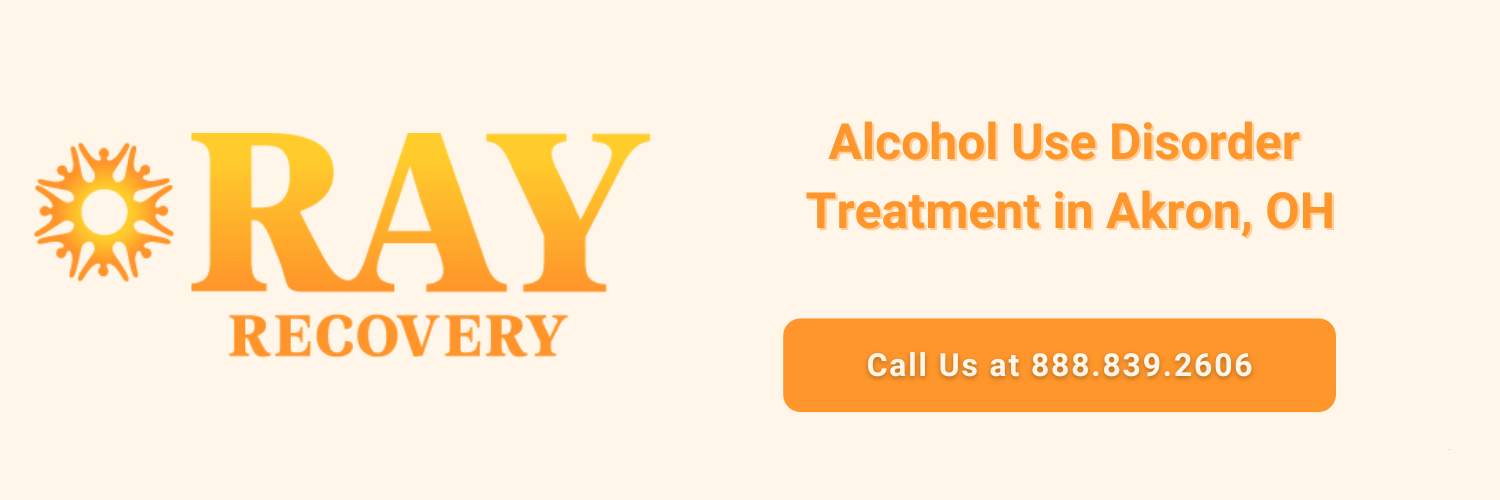If you’ve ever felt a surge of panic or intense worry after taking medication, drinking, or taking other substances, you’re not alone.
What you may be experiencing is substance-induced anxiety disorder — a condition where anxiety isn’t in your head, but instead triggered by a substance or withdrawal from the substance.
The feeling can be alarming, but in this article, we will discuss what exactly causes this anxiety, what the signs are, and how to treat it. With this information in hand, you can take actionable steps to address the symptoms and achieve the relief you are seeking.
What Is a Substance-Induced Anxiety Disorder?
Substance-induced anxiety disorder is a condition where a substance can cause increased worry or panic during or shortly after taking the substance.
This mental condition is independent of other anxiety disorders, although it tends to have very similar symptoms, such as excessive worry, shortness of breath, and muscle tension.
How Is Substance-Induced Anxiety Disorder Different From General Anxiety?
Disorders like general anxiety disorder are mental health conditions where people experience prolonged anxiety that interferes with daily functioning. With general anxiety, people experience crippling or chronic fear and worry beyond everyday stressful encounters.
Symptoms of general anxiety can come out in psychological, physical, and behavioral ways and include:
- Psychological:
- Excessive worry
- Restlessness
- Difficulty concentrating
- Irritability
- Fear of the worst
- Racing thoughts
- Physical
- Muscle tension
- Sweating
- Insomnia
- Stomach issues
- Shortness of breath
- Increased heart rate
- Fatigue
- Headaches
- Behavioral
- Avoidance
- Procrastination
- Compulsive behaviors
Unlike general anxiety, substance-induced anxiety disorder is a mental health condition caused by using or withdrawing from substances such as drugs or alcohol.
It can be challenging to know the difference between these two types of anxiety, but clinicians will go over your medical and mental health history before diagnosing the two. Often, those who experienced substance-induced anxiety disorder haven’t experienced these intense symptoms of fear before taking the substance, leading to the diagnosis of substance-induced anxiety disorder.
If you or your loved one is experiencing anxiety from substance-induced anxiety disorder, our team of professionals can help. At Ray Recovery, we provide a variety of mental health and therapy services. We understand that treatment is multifaceted and believe patients should be able to improve their quality of life without having to visit multiple treatment facilities. Contact us today to learn more about our dual diagnosis services.
Signs and Causes of Substance-Induced Anxiety Disorder
Signs of Substance-Induced Anxiety Disorder
Signs and symptoms of substance-induced anxiety disorder often come on quickly once a substance has been taken or during withdrawal. These symptoms may often resemble panic, feel incredibly intense, and lead to panic attacks. Some symptoms include:
- Worry that won’t stop
- Upsetting thoughts
- Becoming irritated or annoyed easily
- Inability to focus or concentrate
- Being unable to fall or stay asleep
- Body tension
- Stomach and digestive issues
- Nausea
- High blood pressure
- Fast heartbeat
- Sweating and shaking
- Dizziness
- Hot flashes
- Chills
Causes of Substance-Induced Anxiety Disorder
If you have never experienced anxiety but are experiencing substance-induced anxiety disorder, you may be wondering what causes it.
Substances can alter the brain chemistry, which can lead to anxiety symptoms in the body and mind. Since the mind controls how you feel, these substances can trigger fear throughout your mind. All substances can lead to substance-induced anxiety, but the common ones associated with the symptoms are:
- Alcohol
- Illegal drugs like LSD, cocaine, and amphetamines
- Caffeine
- Prescription drugs such as sedatives, stimulants, and steroids
Symptoms of substance-induced anxiety can occur at the onset of taking a substance or can appear during withdrawal. It is important to note that substance-induced anxiety can occur at any time, even after the first use of the substance.
If you are struggling with substance use that is causing substance-induced anxiety, Ray Recovery can provide treatment to eliminate the trigger of the anxiety. Our experienced and compassionate team is here to support you or your loved one struggling with substance addiction and provide anxiety support as well.
Does Drug-Induced Anxiety Ever Go Away?
Yes, often, drug-induced anxiety will end when the patient abstains from triggering substances and the withdrawal period ends.
However, it is essential to note that substance-induced anxiety varies from substance to substance, as well as with each individual. Those with a history of mental health struggles may need further treatment beyond the expected withdrawal time.

3 Ways To Treat Substance-Induced Anxiety Disorder
#1: Medications
Medication can be an appropriate treatment for substance-induced anxiety disorder, but should be used carefully to avoid any issues if the patient is struggling with substance addiction. Medication options may include:
- Non-addictive anti-anxiety medicines
- Antidepressants
- Medication-assisted treatment
- Beta-blockers
It is generally advised to avoid any benzodiazepines, such as Xanax or Ativan, due to their addictive nature. This may worsen an already complex addiction problem.
#2: Therapies
The primary type of therapy used to treat substance-induced anxiety disorder is Cognitive Behavioral Therapy (CBT). The focus of this therapy is to identify triggering thoughts and build coping skills for the thoughts as well as the substances. CBT also goes hand in hand with addiction treatment.
#3: Lifestyle Changes
A main treatment option would be to carefully wean off any substances that are causing anxiety for the patient. By promoting a healthy lifestyle, the management of anxiety symptoms can become easier. Some recommended ways to improve one’s lifestyle include:
- Sleeping 7–8 hours a night
- Eating a balanced diet
- Including movement throughout the day
- Introduce breathing techniques when needed

Address Your Substance-Induced Anxiety Disorder With Ray Recovery’s Compassionate Care
Often, treating substance-induced anxiety can go hand in hand with treating substance addiction. At Ray Recovery, our team understands the complexities around treating multiple conditions, which is why we offer dual-diagnosis services in Akron, Ohio.
Our treatment facilities offer a wide range of services, including:
- Mental health services for anxiety and depression
- Medication-Assisted Treatment (MAT)
- One-on-one therapy
- Family therapy
- Group therapy
- Virtual Intensive Outpatient Programs (VIOP)
Our team is committed to treatment in a supportive, safe, and caring environment. If you or your loved one is seeking help, contact us today to learn more about our facility and programs.
The content in this blog is not intended to be a substitute for professional medical advice, diagnosis, or treatment. Always seek the advice of your physician or other qualified health provider with any questions you may have regarding a medical condition.




